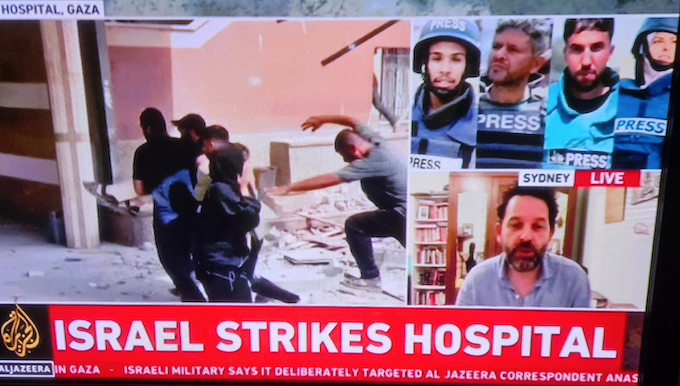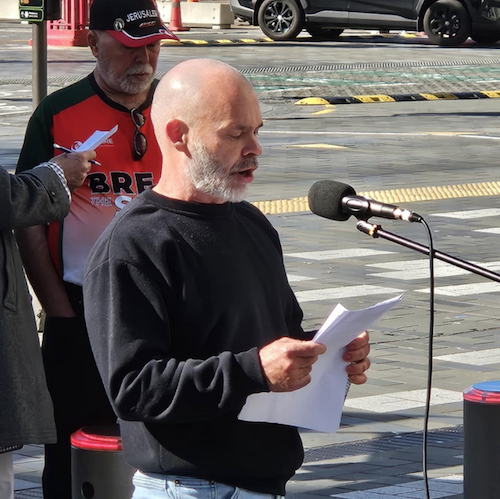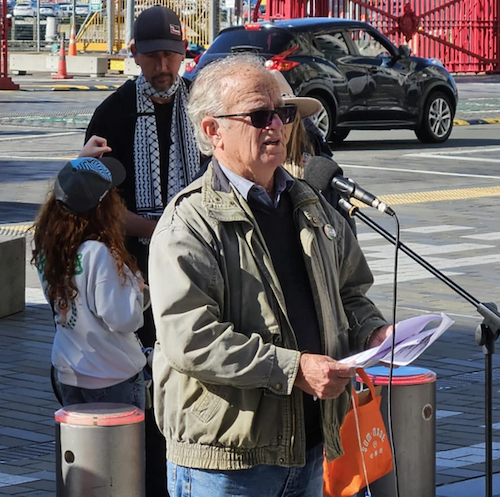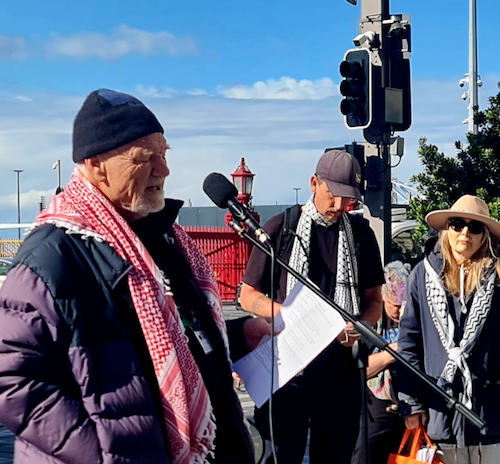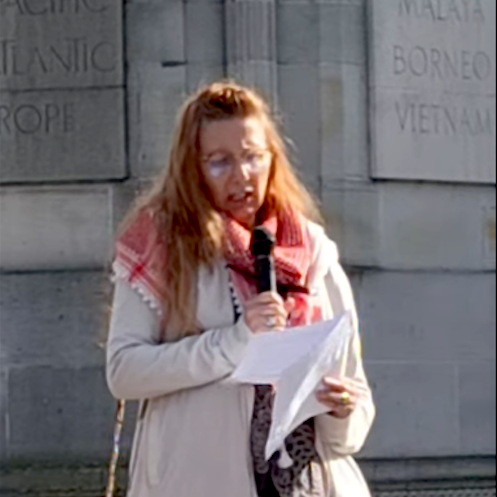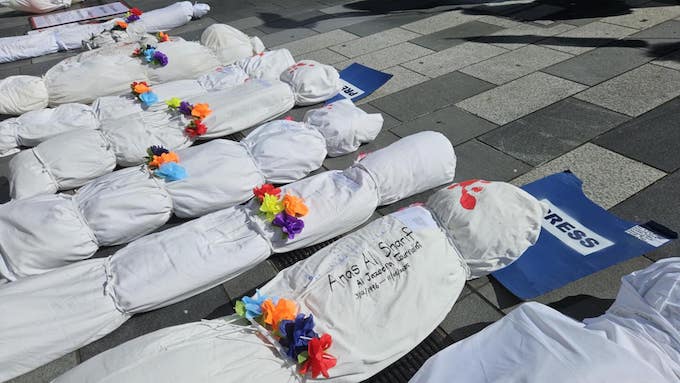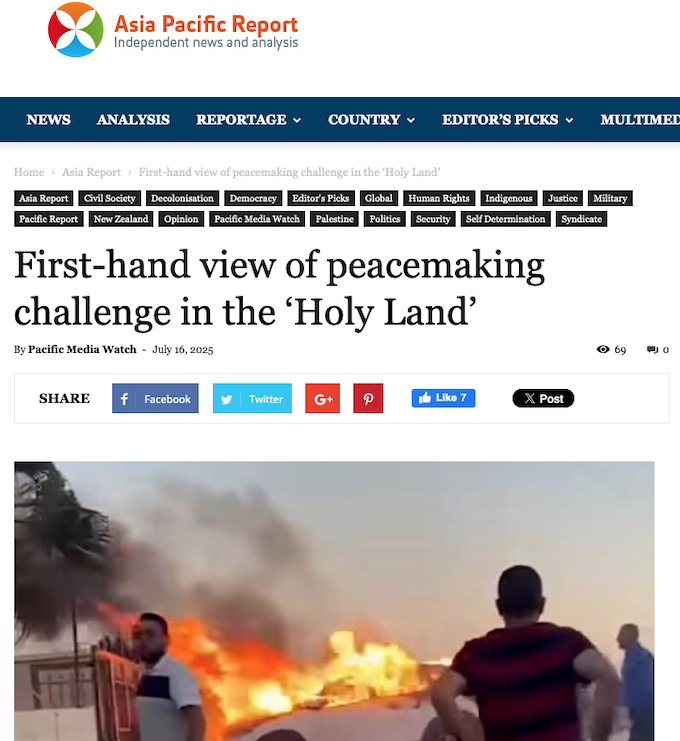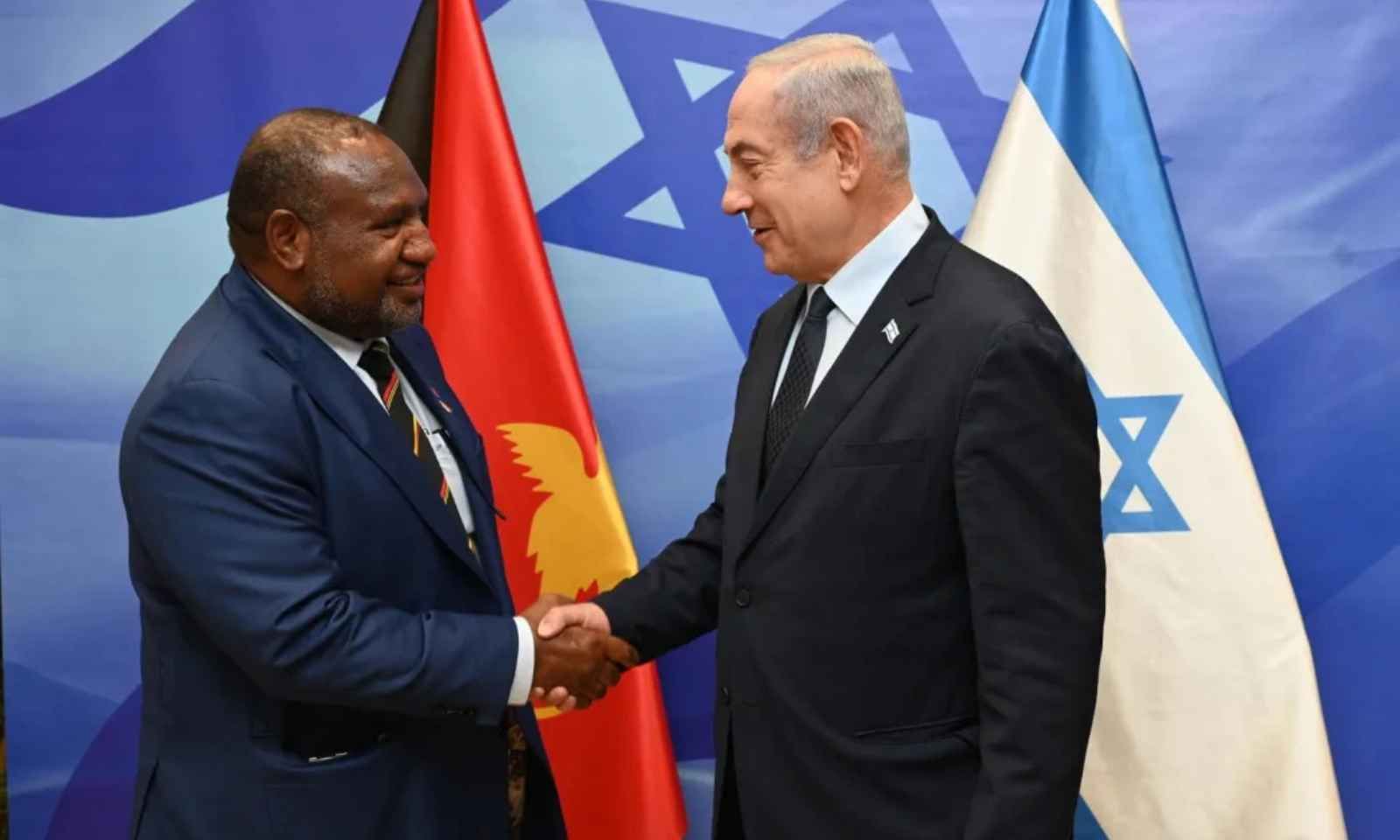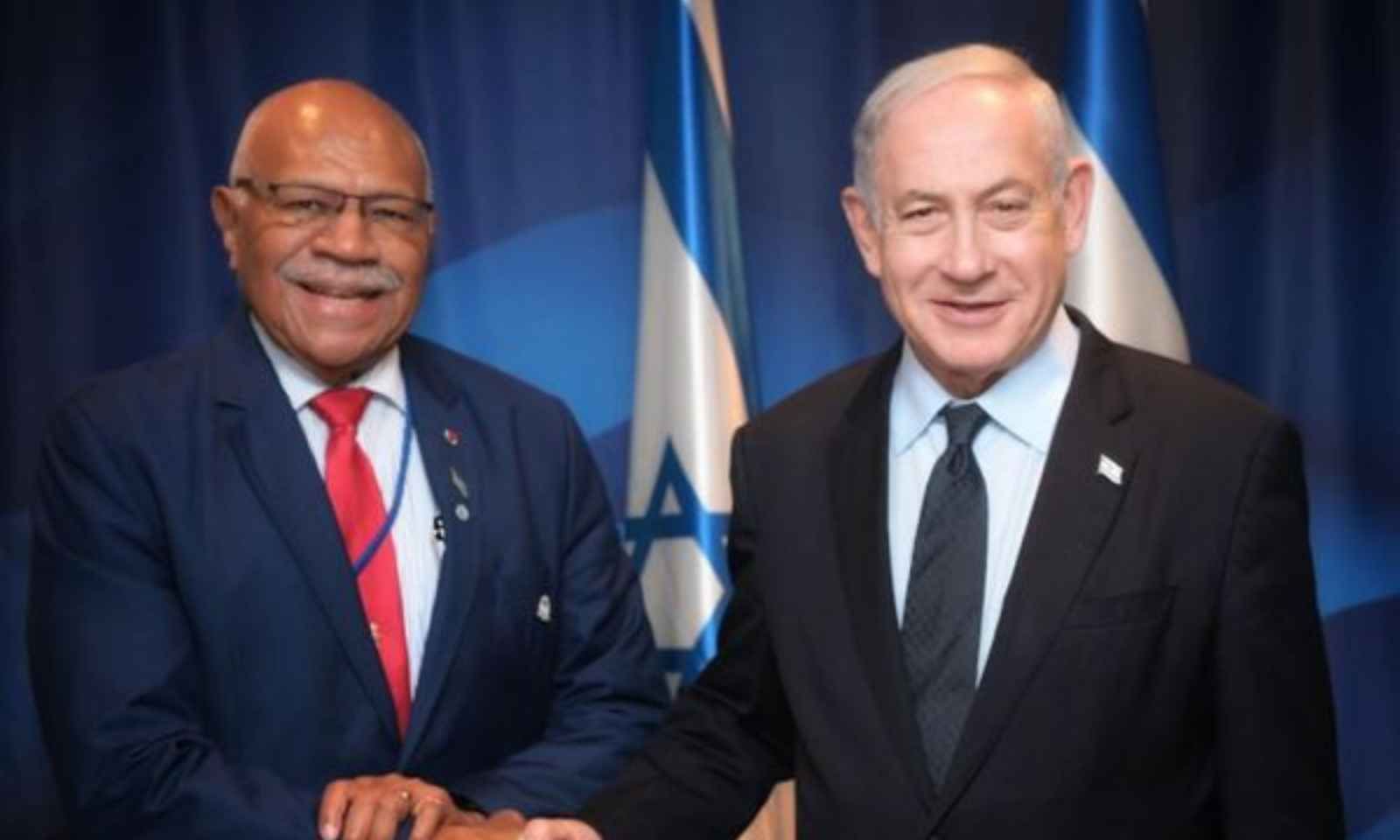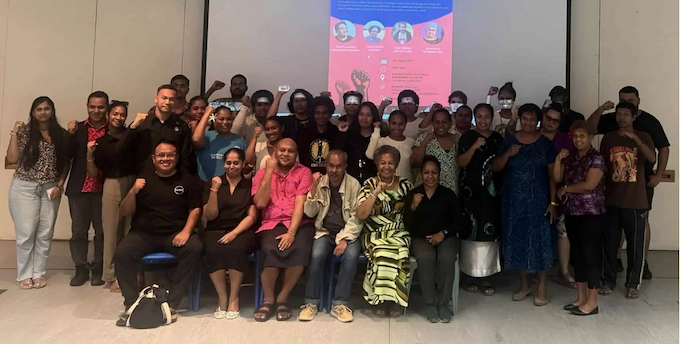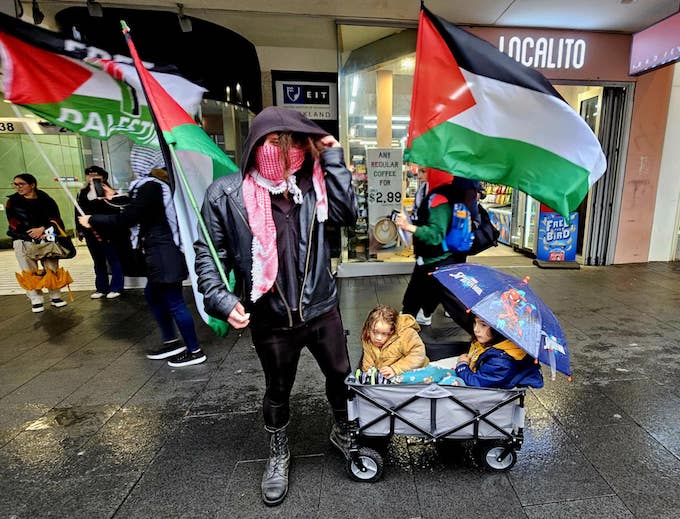ANALYSIS: By Scott Waide, RNZ Pacific PNG correspondent
The signing of the Papua New Guinea-Australia Mutual Defence Treaty — officially known as the Pukpuk Treaty — marks a defining moment in the modern Pacific order.
Framed as a “historic milestone”, the pact re-casts security cooperation between Port Moresby and Canberra while stirring deeper debates about sovereignty, dependency, and the shifting balance of power in the region.
At a joint press conference in Canberra, PNG Prime Minister James Marape called the treaty “a product of geography, not geopolitics”, emphasising the shared neighbourhood and history binding both nations.
“This Treaty was not conceived out of geopolitics or any other reason, but out of geography, history, and the enduring reality of our shared neighbourhood,” Marape said.
Described as “two houses with one fence,” the Pukpuk Treaty cements Australia as PNG’s “security partner of choice.” It encompasses training, intelligence, disaster relief, and maritime cooperation while pledging full respect for sovereignty.
“Papua New Guinea made a strategic and conscious choice – Australia is our security partner of choice. This choice was made not out of pressure or convenience, but from the heart and soul of our coexistence as neighbours,” Marape said.
For Canberra, Prime Minister Anthony Albanese cast the accord as an extension of “family ties” – a reaffirmation that Australia “will stand shoulder-to-shoulder with PNG to ensure a peaceful and secure Pacific family.”
Intensifying competition
It comes amid intensifying competition for influence across the Pacific, where security and sport now intersect in Canberra’s broader regional strategy.
The Treaty promises to bolster the Papua New Guinea Defence Force (PNGDF) through joint training, infrastructure upgrades, and enhanced maritime surveillance. Marape conceded that the country’s forces have long struggled with under-resourcing.
“The reality is that our Defence Force needs enhanced capacity to defend our sovereign territorial integrity. This Treaty will help us build that capacity – through shared resources, intelligence, technology, and training,” he said.
Yet, retired Major-General Jerry Singirok, former PNGDF commander, has urged caution.
“Signing a Defence Pact with Australia for the purposes of strengthening our military capacity and capabilities is most welcomed, but an Act of Parliament must give legal effect to whatever military activities a foreign country intends,” Singirok said in a statement.
He warned that Sections 202 and 206 of PNG’s Constitution already define the Defence Force’s role and foreign cooperation limits, stressing that any new arrangement must pass parliamentary scrutiny to avoid infringing sovereignty.
The sovereignty debate
Singirok’s warning reflects a broader unease in Port Moresby — that the Pukpuk Treaty could re-entrench post-colonial dependency. He described the PNGDF as “retarded and stagnated”, spending just 0.38 percent of GDP on defence, with limited capacity to patrol its vast land and maritime borders.
“In essence, PNG is in the process of offloading its sovereign responsibilities to protect its national interest and sovereign protection to Australia to fill the gaps and carry,” he wrote.
“This move, while from face value appeals, has serious consequences from dependency to strategic synergy and blatant disregard to sovereignty at the expense of Australia.”
Former leaders, including Sir Warren Dutton, have been even more blunt: “If our Defence Force is trained, funded, and deployed under Australian priorities, then whose sovereignty are we defending? Ours — or theirs?”
Cooperation between the two forces have increased dramatically over the last few years.
Canberra’s broader strategy: Defence to rugby league
The Pukpuk Treaty coincides with Australia’s “Pacific Step-up,” a network of economic, security, and cultural initiatives aimed at deepening ties with its neighbours. Central to this is sport diplomacy — most notably the proposed NRL Pacific team, which Albanese and Marape both support.
Canberra views the NRL deal not simply as a sporting venture but as “soft power in action” — embedding Australian culture and visibility across the Pacific through a sport already seen as a regional passion.
Marape called it “another platform of shared identity” between PNG and Australia, aligning with the spirit of the Pukpuk Treaty: partnership through shared interests.
However, critics argue the twin announcements — a defence pact and an NRL team — reveal a coordinated Australian effort to strengthen influence at multiple levels: security, economy, and society.
The US factor and overall strategy
The Pukpuk Treaty follows last year’s Defence Cooperation Agreement (DCA) signed between Papua New Guinea and the United States, which grants US forces access to key PNG military facilities, including Lombrum Naval Base on Manus Island.
That deal drew domestic protests over transparency and the perception of external control.
The Marape government insisted the arrangement respected PNG’s sovereignty, but combined with the new Australian treaty, it positions the country at the centre of a US-led security network stretching from Hawai’i to Canberra.
Analysts say the two pacts complement each other — with the US providing strategic hardware and global deterrence, and Australia delivering regional training and operational partnership.
Together, they represent a deepening of what one defence analyst called “the Pacific’s most consequential alignment since independence”.
PNG’s deepening security ties with the United States also appear to have shaped its diplomatic posture in the Middle East.
As part of its broader alignment with Washington, PNG in September 2023 opened an embassy in Jerusalem — becoming one of only a handful of states to do so, and signalling strong support for Israel.
In recent UN votes on Gaza, PNG has repeatedly voted against ceasefire resolutions, siding with Israel and the US. Some analysts link this to evangelical Christian influence in PNG’s politics and to the strategic expectation of favour with major powers.
China’s measured response
Beijing has responded cautiously. China’s Embassy in Port Moresby reiterated that it “respects the independent choices of Pacific nations” but warned that “regional security frameworks should not become exclusive blocs.”
China has been one of PNG’s longest and most consistent diplomatic partners since formal relations began in 1976.
China’s role in Papua New Guinea is not limited to diplomatic signalling — it remains a major provider of loans, grants and infrastructure projects across the country, even as the strategic winds shift. Chinese state-owned enterprises and development funds have backed highways, power plants, courts, telecoms and port facilities in PNG.
In recent years, PNG has signed onto China’s Belt and Road Initiative, and observers count at least 40 Chinese SOEs currently operating in Papua New Guinea, many tied to mining, construction, and trade projects.
While Marape has repeatedly said PNG “welcomes all partners,” the growing web of Western defence agreements has clearly shifted regional dynamics. China views the Pukpuk Treaty as another signal of Canberra and Washington’s determination to counter its influence in the Pacific — even as Port Moresby maintains that its foreign policy is one of “friends to all, enemies to none”.
A balancing act
For Marape, the Treaty is not about choosing sides but strengthening capacity through trust.
“Our cooperation is built on mutual respect, not dominance; on trust, not imposition. Australia never imposed this on us – this was our proposal, and we thank them for walking with us as equal partners,” he said.
He stressed that parliamentary ratification under Section 117 of the Constitution will ensure accountability.
“This is a fireplace conversation between neighbours – Papua New Guinea and Australia. We share this part of the earth forever, and together we will safeguard it for the generations to come,” he added.
The road ahead
Named after the Tok Pisin word for crocodile — pukpuk, a symbol of endurance and guardianship — the Treaty embodies both trust and caution. Its success will depend on transparency, parliamentary oversight, and a shared understanding of what “mutual defence” means in practice.
As PNG moves to ratify the agreement, it stands at a delicate crossroads — between empowerment and dependency, regional cooperation and strategic competition.
This article is republished under a community partnership agreement with RNZ.
This post was originally published on Asia Pacific Report.
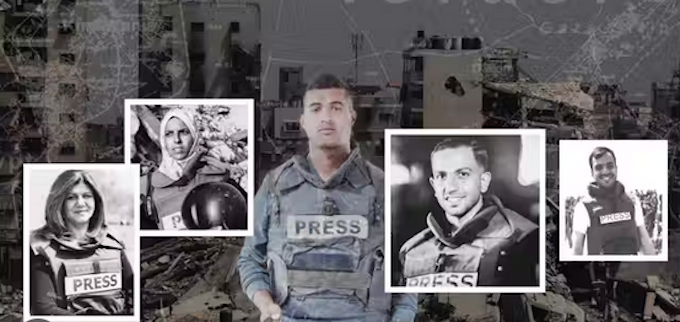

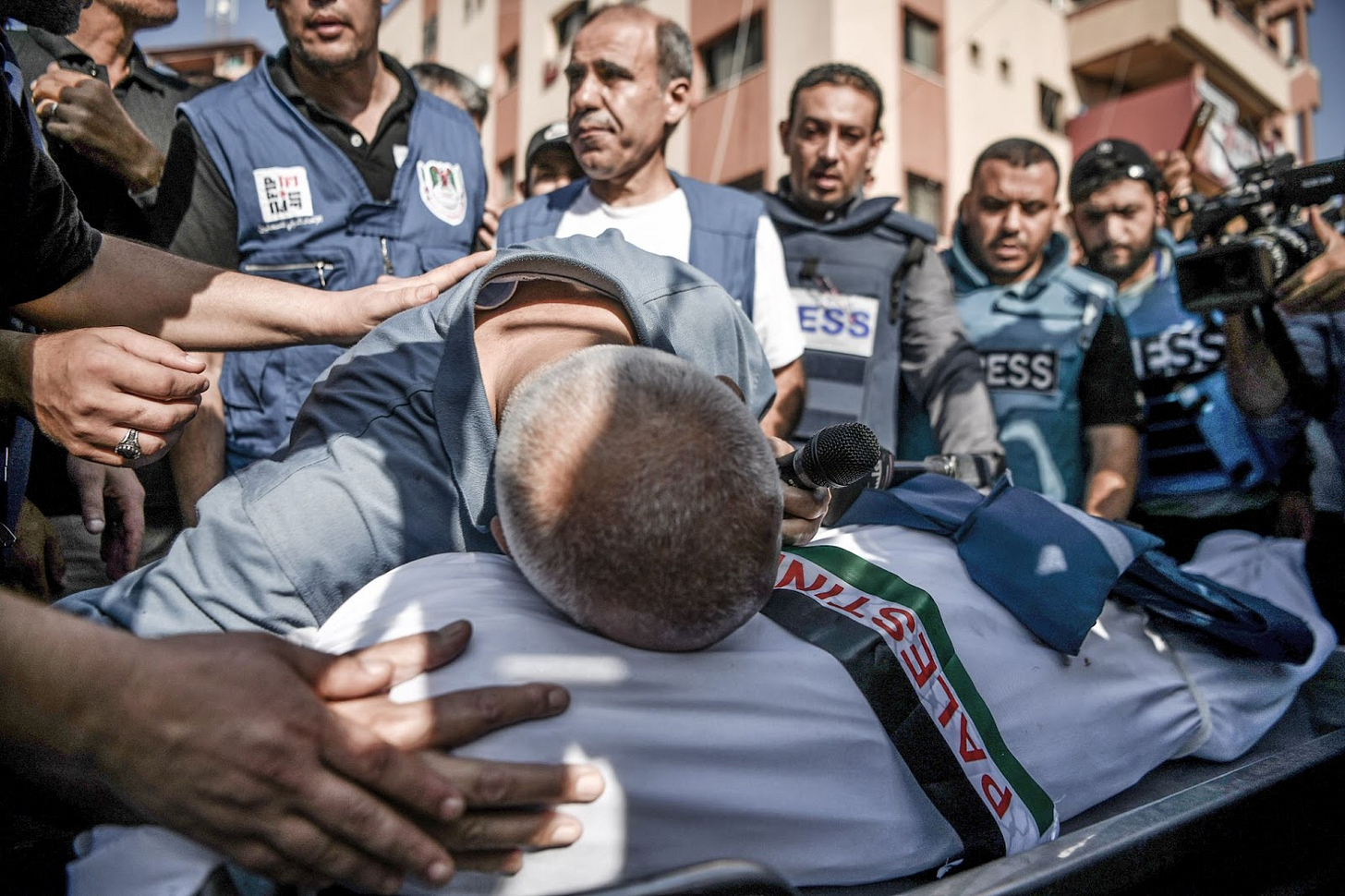
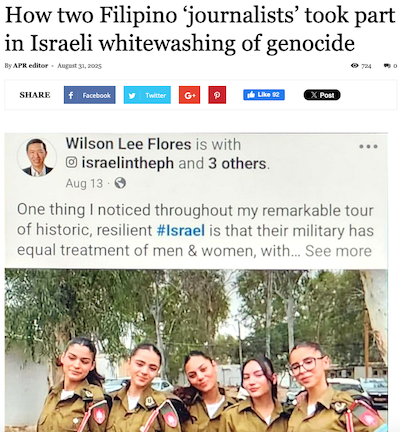
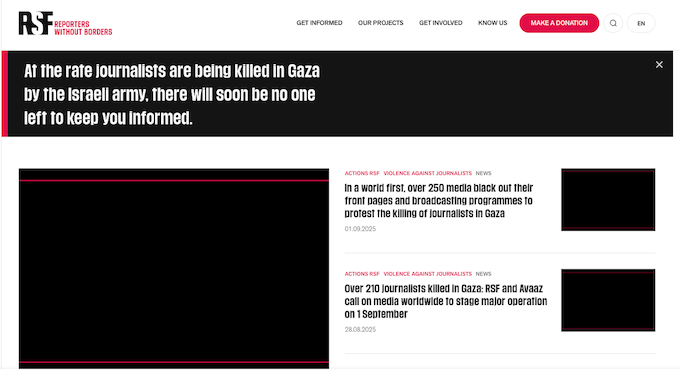
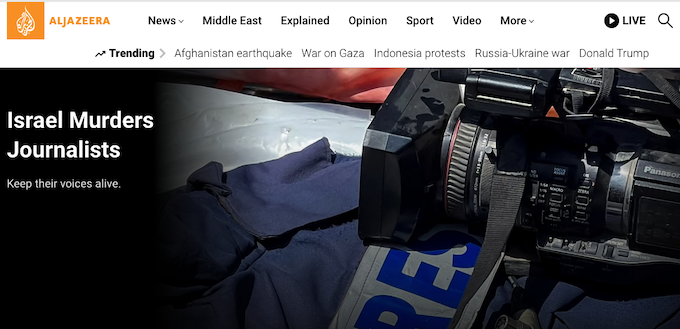
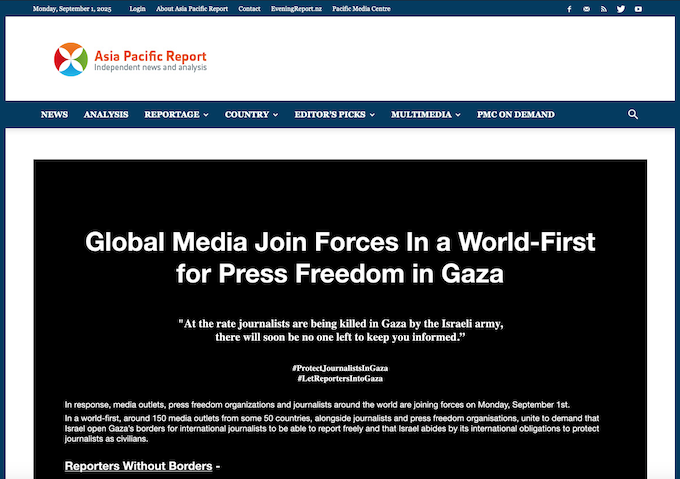
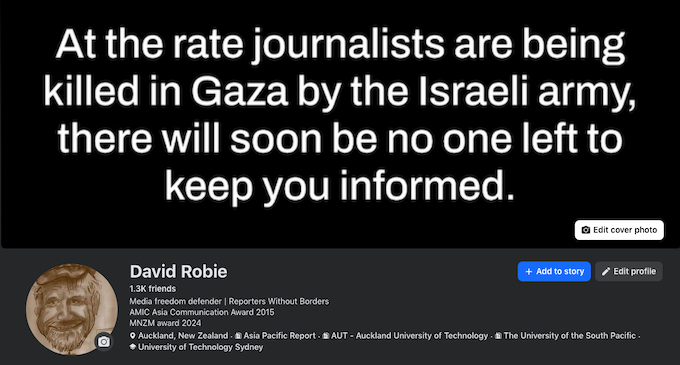
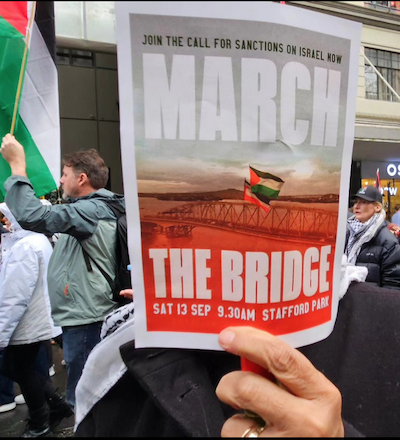

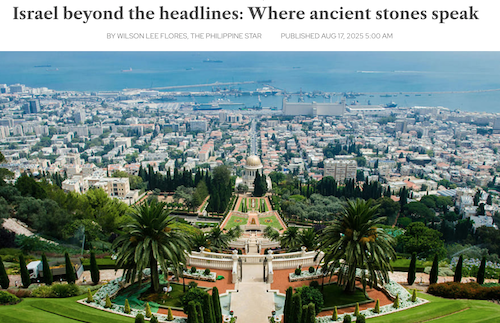
 Why NZ Prime Minister Luxon got it wrong. Video: RNZ
Why NZ Prime Minister Luxon got it wrong. Video: RNZ Mapping the success of Zionist ethnic cleansing of Palestine.
Mapping the success of Zionist ethnic cleansing of Palestine.
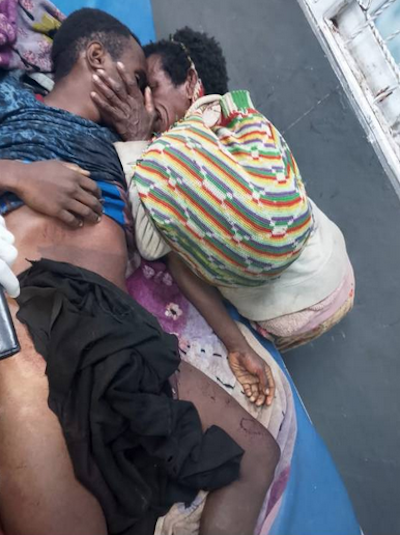
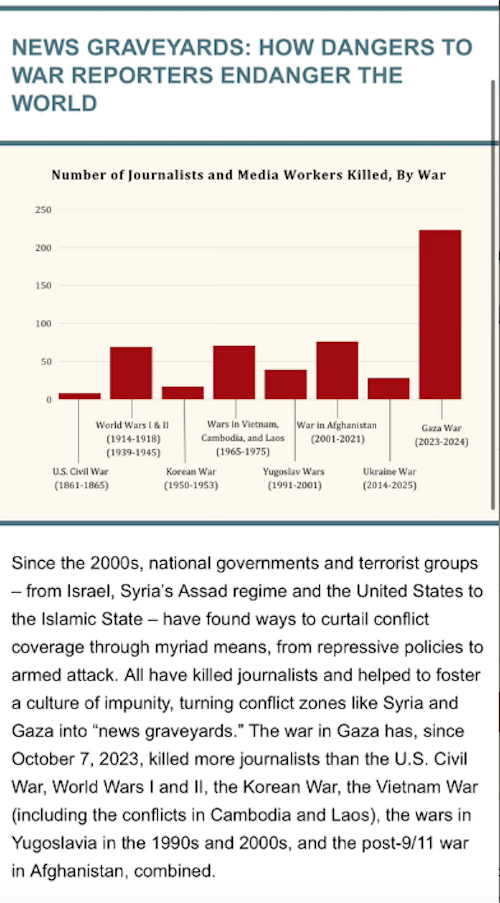
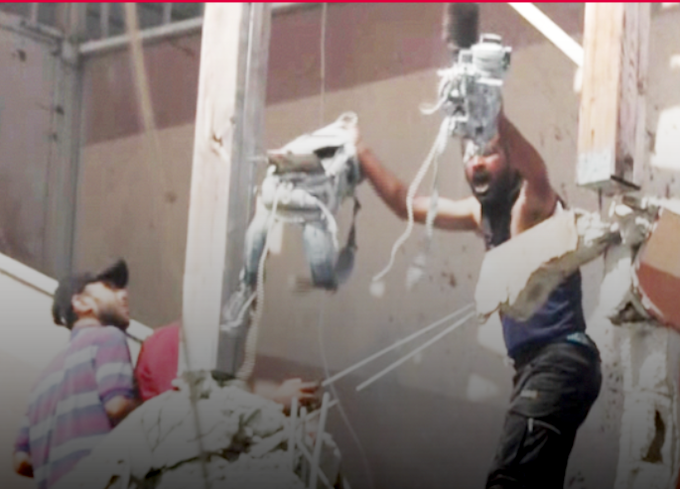
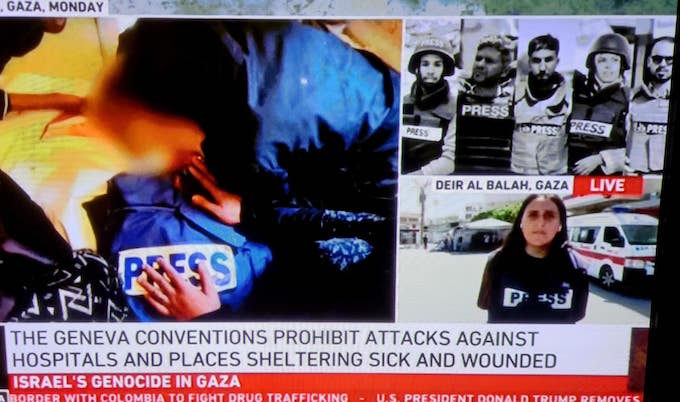
 BREAKING
BREAKING Break the blockade
Break the blockade